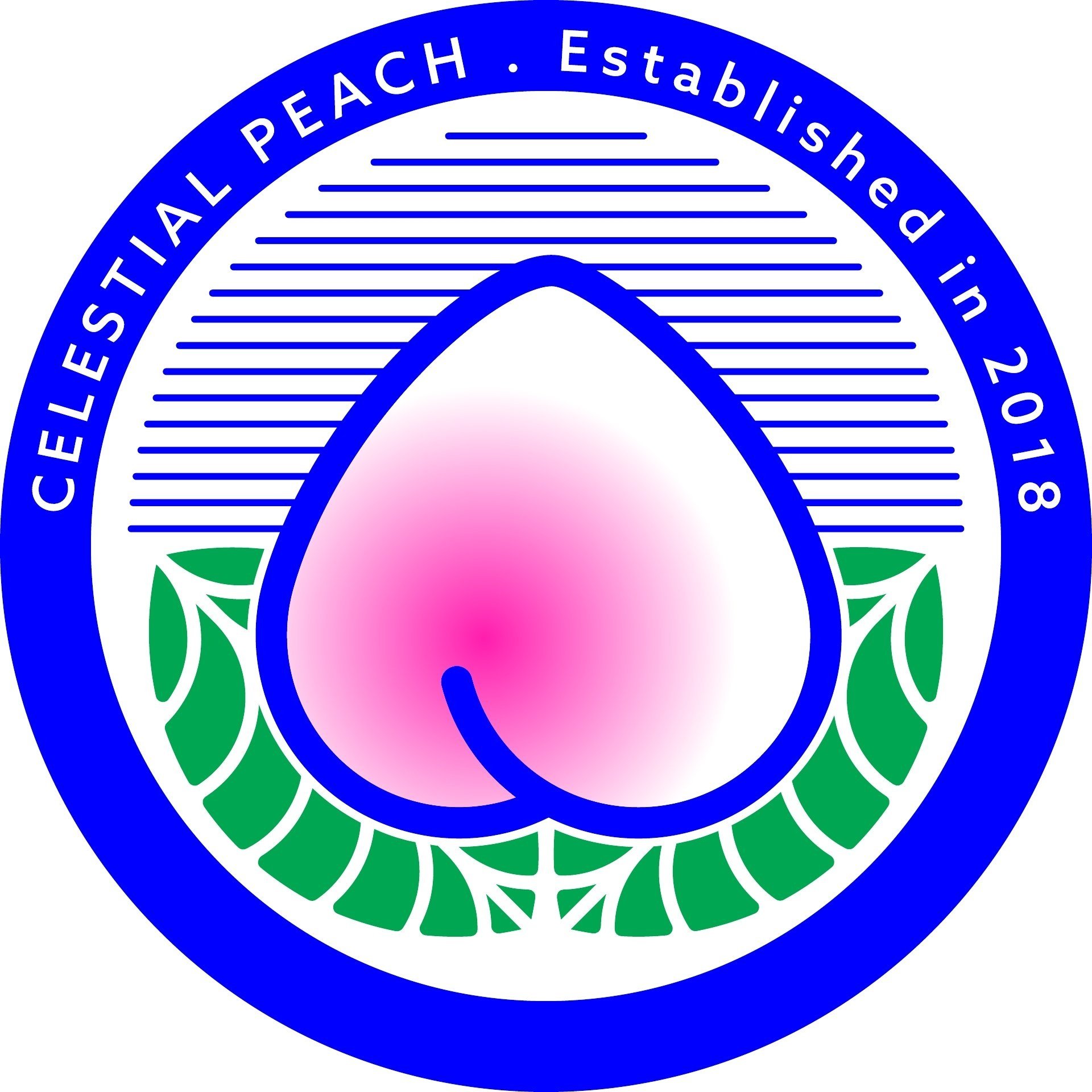Recipe: Eight Treasures
Soon you may pick up on a leitmotif in this blog; a constant process of reduction and simplification in an approach to food. It’s all part of a personal and wider zeitgeist movement to be more off-the-grid in our lifestyle.
I personally experience positive benefits from fasting, and gently encourage healthy individuals to try it out once in a while as a gut-relieving practice. For those who can’t face the absence of food, a brief mono-diet cleanse is a good place to start.
Ayurvedic kitchari cleanse is something that’s quite trendy right now. You could say the Chinese equivalent of mono-diet is congee or rice porridge; the everyman’s beans on toast for when you’re ill, cold, hungry, hungover or homesick. Every Chinese person loves their mum’s congee, and every Chinese person has a rice cooker with a congee setting.
For me congee made with plain white rice is lacking in nutrition, so I have been basing my recipes on the poetically named Eight Treasures formula. An auspicious dish for an auspicious festival, falling on the eight day of the twelfth lunar month, it’s made from eight different nutrient-rich vegan ingredients (yes — eight is indeed a special number) and signifies longevity.
Shaolin monks purportedly eat this for breakfast, and anything that gets their seal of approval also pricks this yogi’s ears. The best thing about Eight Treasures congee is it’s nutritionally balanced, cheap, easy to batch prepare and the ingredients are adaptable. It can be made entirely from store cupboard ingredients. You will notice that it is a balance of savoury and sweet with satisfying umami depth from kombu and mushrooms.
Below I have supplied a rough guideline for a more Western-friendly formula, using what can easily be found:
Ingredients (4 servings)
1/2 cup of any type of rice in any combination e.g. white, wholegrain, red, black
1/4 cup protein rich legumes/beans in any combination e.g. mung beans, lentils, split peas
1/4 cup ancient grains in any combination e.g. quinoa, millet, barley, buckwheat (optional, can be replaced by rice)
1 sheet of dried kombu
3-4 dried shiitake mushrooms or any fresh firm mushroom, roughly chopped
1 handful dried lotus seeds or plain peanuts, preferably skin-on
A few jujube dates or 1 tbsp goji berries (optional)
1 thumb ginger
Pinch of salt
Water — using a 10:1 ratio of water:total grains (in this case, 10 cups)
Instructions
If you are Chinese: place all ingredients in a rice cooker and press the ‘congee’ setting 😄
Alternatively, place everything in a large stockpot and bring to the boil.
Reduce heat to low/medium and simmer for anything from one to three hours, stirring occasionally and allowing all the grains to plump up and break down.
Add more water for a more soup-like consistency.
The recipe can also be made in a slow cooker.
Serving ideas
Serve with a few small dishes of homemade vegetable pickles and chilli oil or soy sauce.
Garnish with chopped fresh scallions and coriander, crushed peanuts or fried onions.
Further reading
If you’re interested in trying more traditional Eight Treasures combinations, head on over to medicinetraditions.com.







